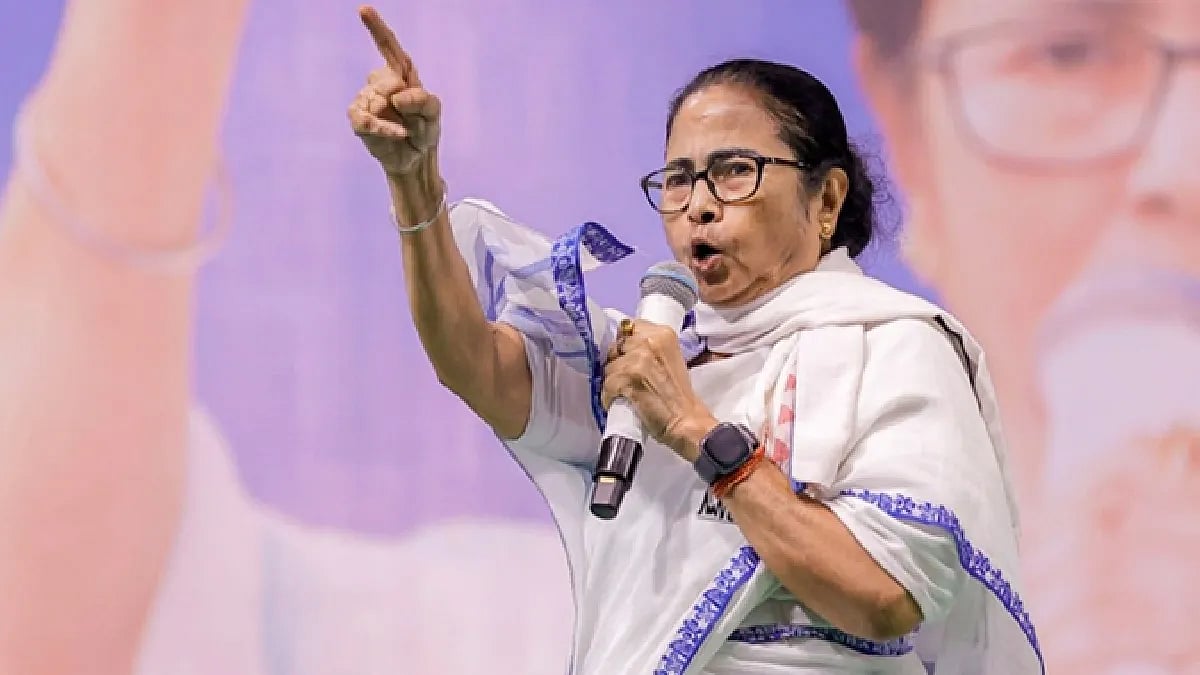After years of deferral, the Supreme Court (SC) finally took up the electoral bonds case on October 31. After three days of hearing, a Constitution Bench headed by Chief Justice DY Chandrachud reserved its judgment on a bunch of petitions challenging the validity of the electoral bonds scheme (EBS) for funding political parties. The issues raised during the proceedings focused on arguments whether “selective anonymity” of the electoral bonds violates the voters’ fundamental right to information vis-à-vis the right to confidentiality of donors. The fundamental question is whether the right to privacy of select individuals or organisations reigns over the citizens’ right to information under Article 19(1) of the Constitution.
While we wait for the SC verdict, at this stage the only actionable direction to the Election Commission of India is to produce details of all donations received by every political party in India since the inception of the scheme in January 2018, including the quantum of donations and bank accounts in which the bonds were encashed up till September 30, 2023. The EBS was pitched as an alternative to cash donations made to political parties as part of efforts to bring in transparency in political funding. But electoral bonds provide anonymity to the donors, though they were introduced to curb the influence of black money in politics and to provide a legal and transparent mechanism for individuals and corporations to contribute to political parties.
This is why, since its inception, the EBS has been a subject of a major controversy. It has been targeted for infusing opacity in the political funding system because of lack of transparency. Since the objective behind EBS was to cleanse the system of political funding, the question is whether electoral bonds have achieved their intended goals or have instead facilitated opaqueness in political financing. The proponents of EBS argue that it promotes transparency by ensuring that political parties receive donations through formal banking channels. As the identity of the donor remains confidential, it reduces the risk of retaliation or intimidation by political parties for the donors’ political affiliations.
One of the main criticisms of electoral bonds has been the lack of transparency regarding the source of funds. As the donor’s identity is not disclosed to the public or the Election Commission, the veil over donor’s identity makes it difficult to track the origin of political contributions. The opacity has led to concerns that electoral bonds could be used to launder illicit money into the political system. This defeats the very purpose of EBS, given that funding of political parties in India often entails covert and underhand dealings. In 2017, the then RBI governor Urjit Patel had raised concerns over the possibility of misuse of electoral bonds, especially using shell companies. Initially, even the Election Commission was not in favour of EBS.
Over the years, it has been seen that the party in power – whether at the Centre or in state – receives most of the funding. This means the uneven nature of funding has not been rectified even with the introduction of electoral bonds. Critics of EBS argue that this undermines the principle of level playing field in democratic elections. According to Association of Democratic Reforms, political donations worth ₹16,437 crore were received by seven national parties and 24 state parties between 2016-17 and 2021-22. Of this amount, ₹9,188 crore, well over half, came from electoral bonds. Significantly, the BJP has benefitted the most from electoral bonds donations since they were launched in 2018 — of the Rs 9,188 crore donated until 2022, the BJP got ₹5,272 crore. That is more than all the other 30 political parties put together who have received donations via electoral bonds.
Electoral bonds currently have a legitimate framework, but they are premised on questionable grounds regarding democratic principles. After all, the voters and citizens need to know who is giving so much money to our political representatives (read political parties), given that hundreds of crores are donated but the identities of donors remain hidden from citizens. This raises an important question: what is it about the nature of EBS that the ruling party walks away with lion’s share of the money donated? Is it the fear of intimidation or retaliation from the government that compels corporate donors to donate the bulk of bonds to the party in power? After all, the design of the electoral bonds scheme is such that only the government (read the ruling party), besides law enforcement bodies which are central government functionaries, can access information about the identity of donors. So, the transparency of the EBS is only for one stakeholder, which is the government, while bulwarking any access to information for all others, including the Opposition parties.
Surprisingly, the government is also of the view that the citizens do not have the right to know the identity of donors of electoral bonds. Responding to the petitions in the SC, the government argued that citizens do not have the “right to know” the identity of political donors under EBS. This was countered by Justice Khanna, who is part of the SC’s five-judge bench on the matter, by observing that “your contention that voters do not have the right to know… is slightly difficult to accept”. During the hearings, Chief Justice Chandrachud has already aired his reservations. He has indicated that the “need for transparency” is not being addressed. He also said that electoral bonds should not “become a legitimisation of quid pro quo between power centres, and people (the “unknown” donors) who are benefactors of that power”. The chief justice also said there may be a need to “design” another system which does not have the flaws of this system”.
Among the series of amendments introduced to curb black money in funding political parties, the government granted three privileges to parties. One, they were no longer obligated to reveal contributions received through electoral bonds under the Income Tax Act. Two, doors to foreign funding through electoral bonds were opened for political parties and three, the upper limit of corporate donations was also removed. Earlier, only profit-making corporates could donate funds to political parties up to 7.5% of their average three-year profit. Now even loss-making companies can donate through electoral bonds. This raises an important question: what purpose do the electoral bonds really serve? It is important to emphasise here that 92.6% electoral bonds sold are of the highest 1 crore denomination, while only 7.1% are of 10 lakh denomination. This suggests that there are entities with deep pockets that buy these bonds to donate to political parties. So, can the possibility of a quid pro quo be ruled out?
The writer is a senior independent Mumbai-based journalist. He tweets at @ali_chougule












